The Most Hated Bands Of The 1970s
The 1970s was a decade of musical experimentation and innovation, offering a diverse array of genres and artists that pushed the boundaries of creativity. From the rise of disco to the rebellious spirit of punk, the era was marked by both adoration and disdain from fans and critics alike.
This era wasn’t just about the music; it was about the cultural shifts and the way these tunes resonated with or repelled audiences around the world.
The Unfortunate Backlash Against The Bee Gees
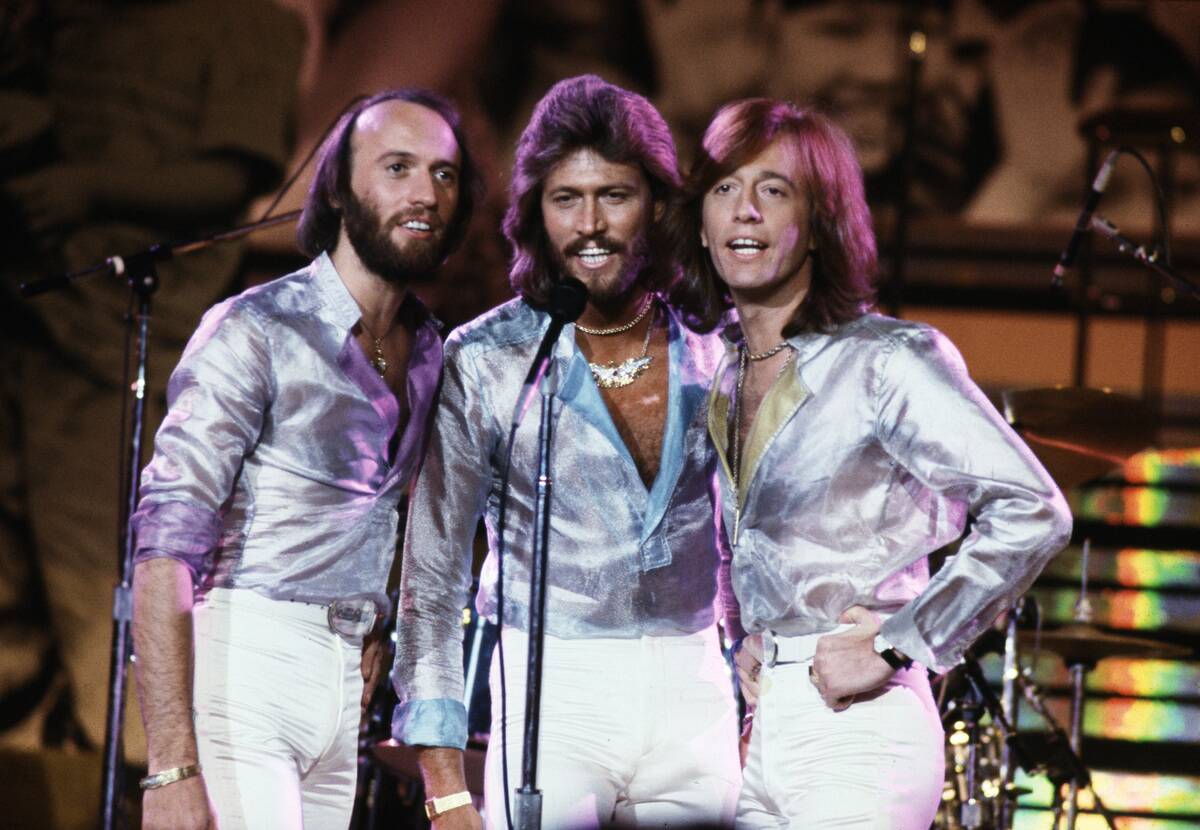
The Bee Gees, synonymous with the disco era, found themselves at the center of the genre’s backlash. Despite their immense popularity, particularly after the release of the Saturday Night Fever soundtrack, they were often criticized for their falsetto-heavy sound.
Some rock enthusiasts dismissed them as a symbol of disco’s excess. Nonetheless, their influence on pop music has endured, with their songwriting skills and harmonies still celebrated today.
KISS: The Band Fans Loved to Hate
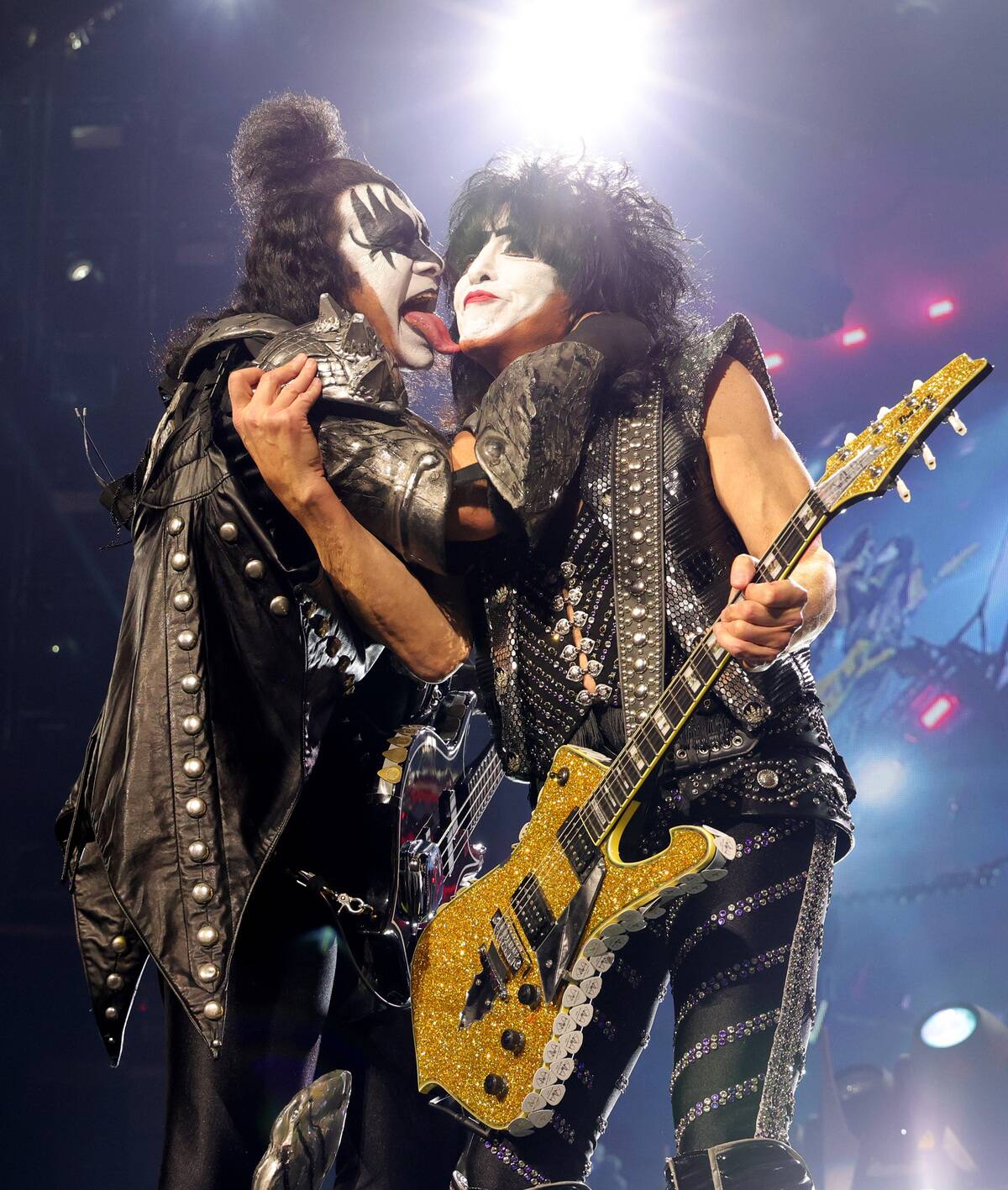
KISS was renowned for their theatrical performances and distinctive makeup, making them one of the most recognizable bands of the 1970s. Yet, they often faced criticism for prioritizing spectacle over substance.
Critics accused them of being more about style than musical prowess. Despite this, KISS managed to build a loyal fan base, with hits like ‘Rock and Roll All Nite’ cementing their place in rock history as icons of glam rock extravagance.
The Controversial Legacy of The Sex Pistols
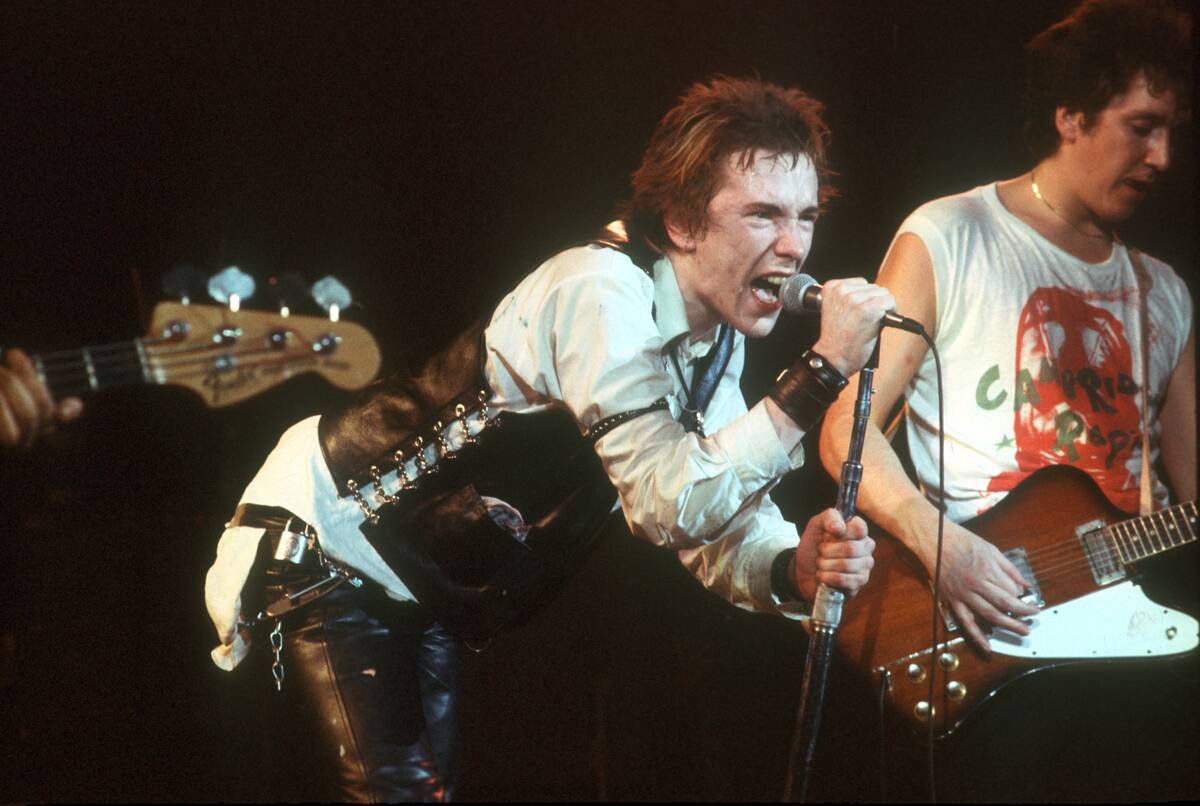
The Sex Pistols burst onto the music scene with an anarchistic spirit that both invigorated and outraged listeners. Known for their raw sound and provocative lyrics, they became the face of the punk movement.
While some praised their defiance of musical norms, others viewed them as a chaotic force lacking true musical talent. Regardless, their brief yet impactful career played a pivotal role in shaping punk rock and its rebellious ethos.
The Polarizing Effect of The Eagles’ Hotel California

The Eagles’ Hotel California is often hailed as a rock masterpiece, yet it has also been a source of contention. While its intricate guitar work and haunting lyrics captivated many, some critics deemed it overly polished and emblematic of the excess of the 1970s rock scene.
Despite the mixed reviews, the album has endured as a cultural touchstone, and its title track remains a staple of classic rock radio playlists worldwide.
The Moody Blues: Masters of Divisive Symphonic Rock
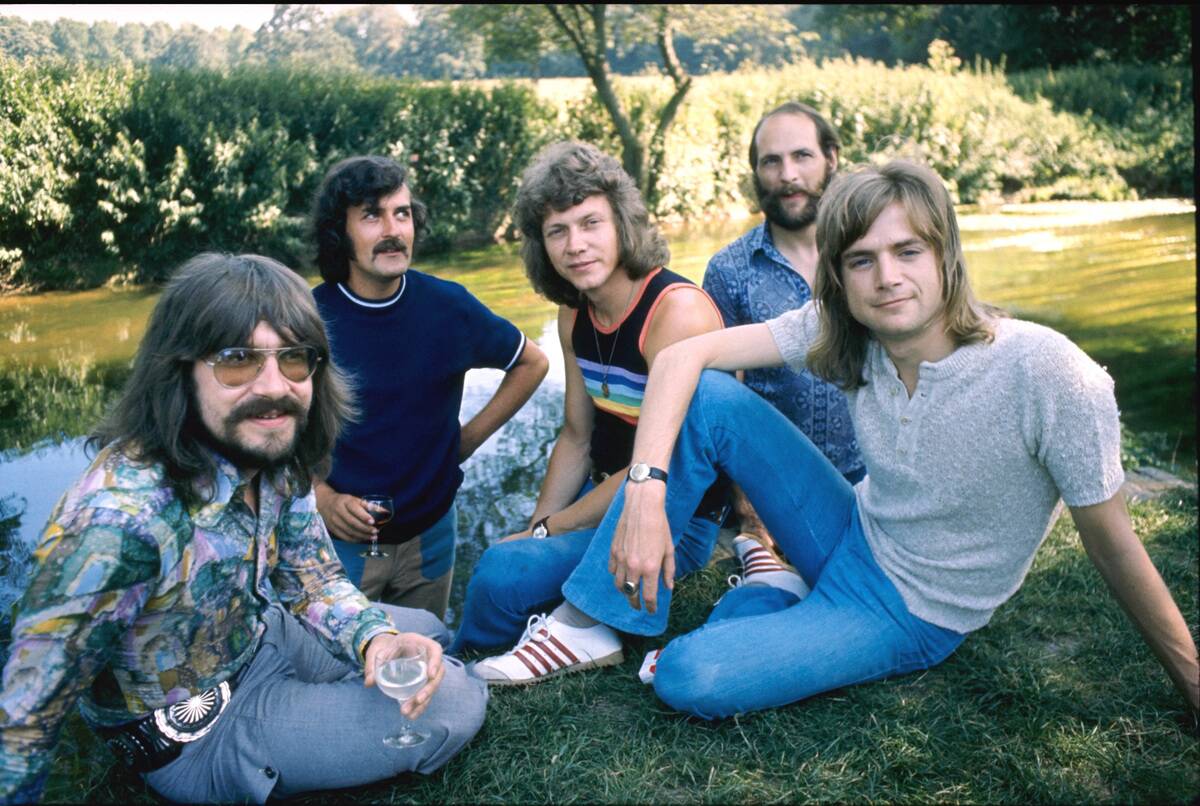
The Moody Blues pioneered the fusion of rock and classical music with their symphonic approach, but this innovation was not universally appreciated. Critics often derided their orchestral sound as pretentious or overly ambitious.
However, albums like Days of Future Passed have garnered a loyal following, and the band’s influence on the progressive rock genre is undeniable, showcasing the potential of rock music as an art form.
Emerson, Lake & Palmer: The Epitome of Excessive Prog Rock
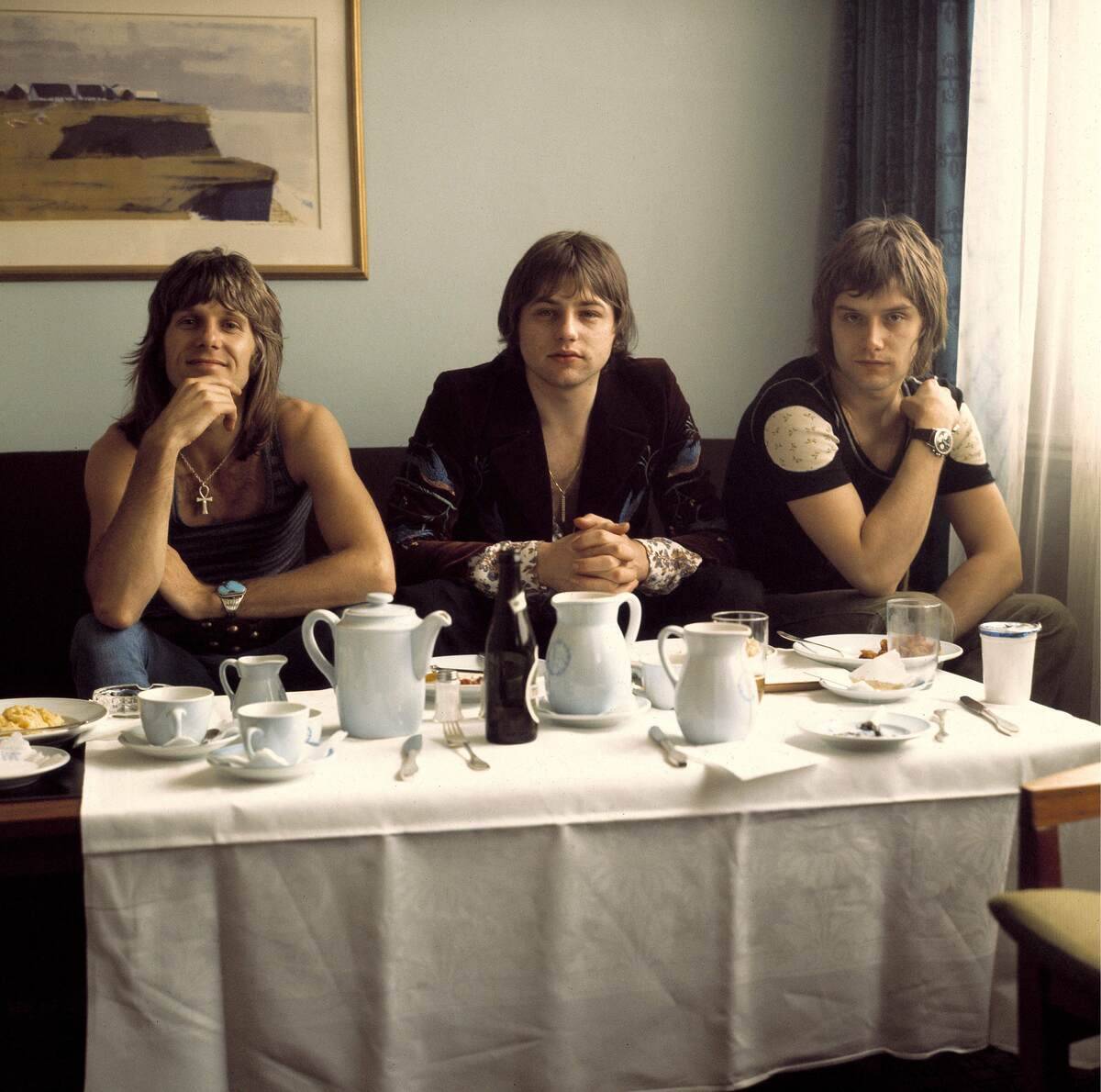
Emerson, Lake & Palmer (ELP) were known for their elaborate live shows and complex compositions, epitomizing the excesses of progressive rock. While some listeners appreciated their technical prowess and innovation, others criticized them for being self-indulgent.
Despite the polarized opinions, ELP’s ambitious projects, such as Brain Salad Surgery, have left a lasting legacy, influencing countless musicians who seek to push the boundaries of rock music.
ABBA: Cherished Pop Icons or Overplayed Annoyances?
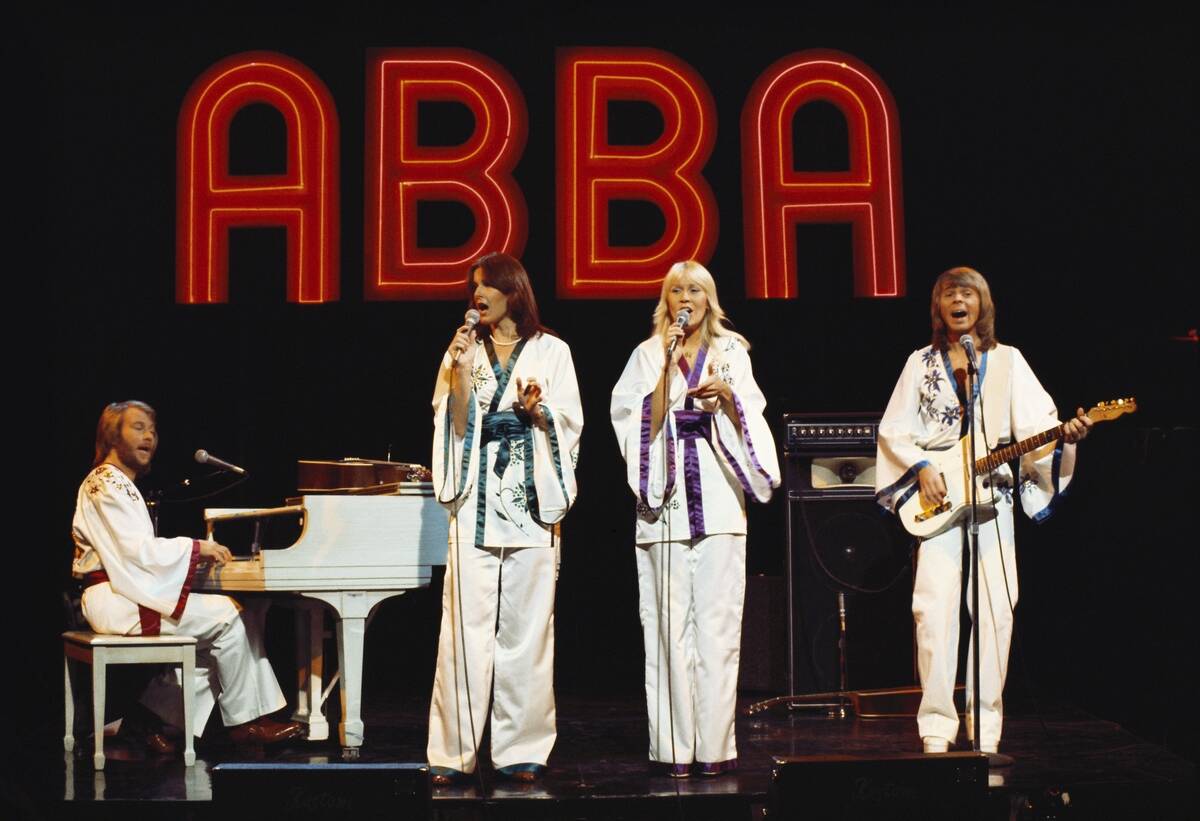
ABBA’s catchy pop tunes and flamboyant style made them global superstars in the 1970s. However, their sugary-sweet sound also earned them detractors who viewed their music as overly commercial and lacking substance.
Despite this criticism, ABBA’s influence on pop music is significant, with their songs continuing to enjoy popularity through various revivals, tribute bands, and the success of the Mamma Mia! musical and film adaptations.
The Mixed Reactions to Jethro Tull’s Flute-Infused Rock
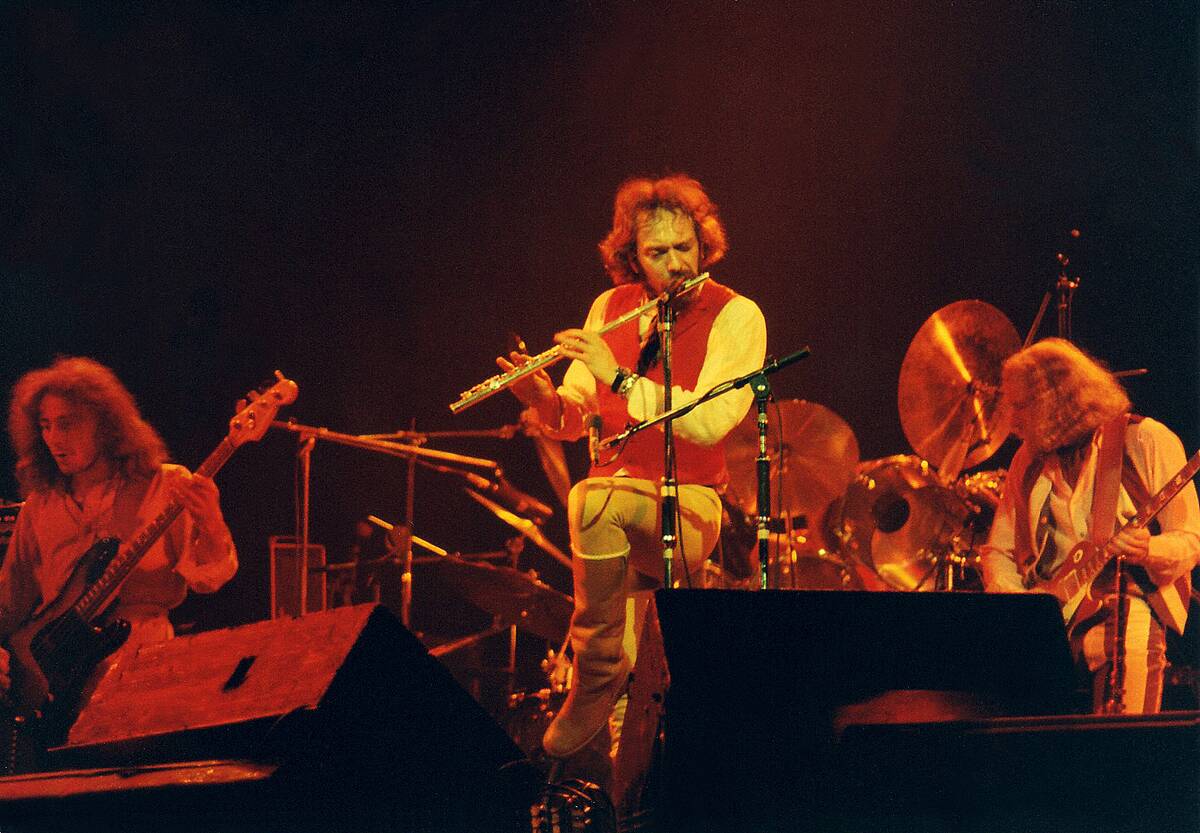
Jethro Tull’s unique incorporation of the flute into rock music set them apart from their contemporaries, but it also sparked mixed reactions. While some praised the band’s innovative sound and complex compositions, others found their music hard to categorize or simply eccentric.
Despite the varied opinions, Jethro Tull’s albums like Aqualung have achieved classic status, showcasing the band’s ability to push musical boundaries and defy genre conventions.
Donna Summer and the Disco Divide
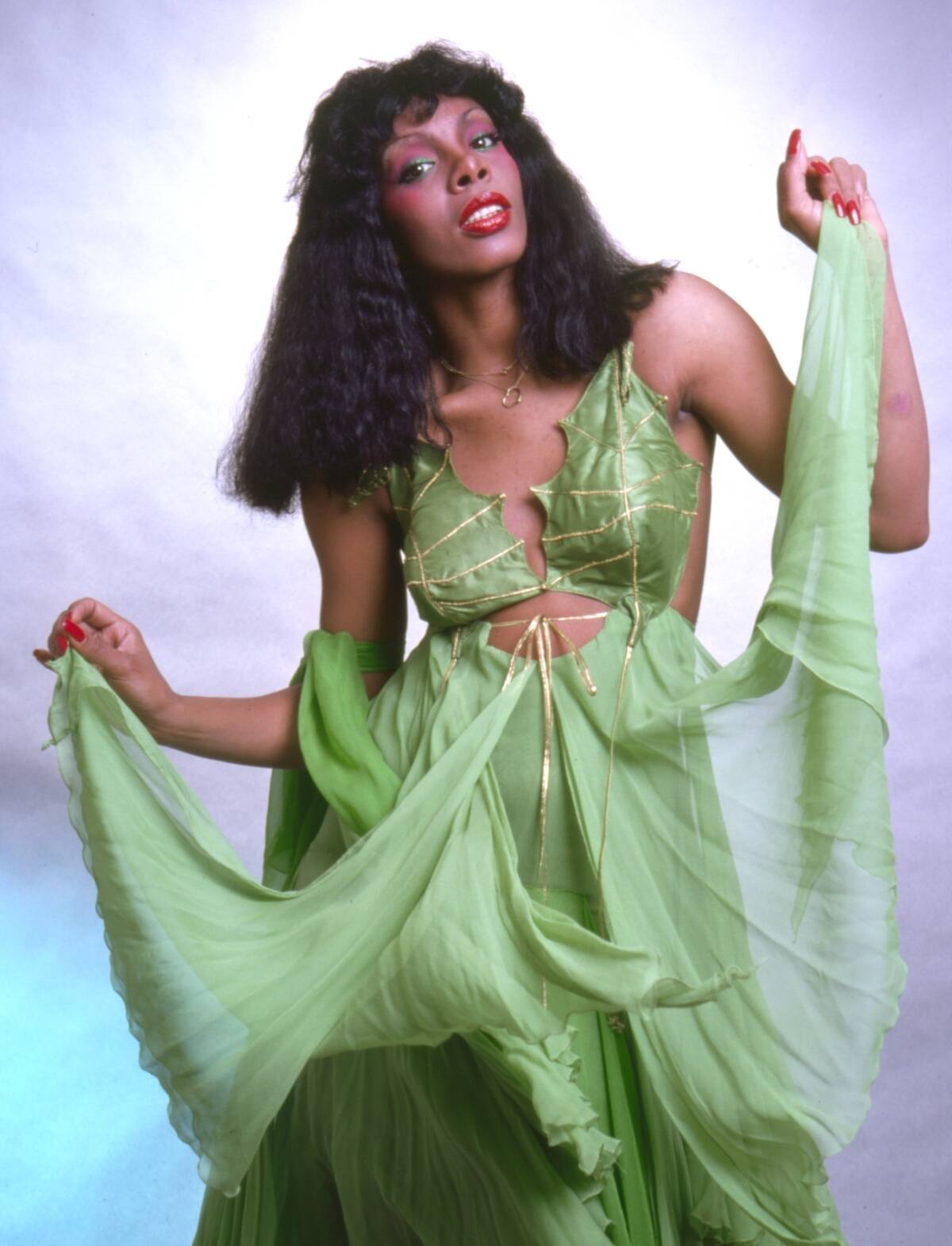
Donna Summer, often dubbed the ‘Queen of Disco,’ played a pivotal role in shaping the disco era with hits like ‘I Feel Love.’ Her sultry vocals and pioneering use of synthesizers helped define the genre, yet she also became a target of the disco backlash.
While some critics dismissed her work as emblematic of disco’s excesses, her influence on dance music and pop culture is undeniable, with her legacy celebrated by fans and artists alike.
The Enigmatic Allure and Criticism of Pink Floyd

Pink Floyd’s psychedelic soundscapes and concept albums, such as The Dark Side of the Moon, captivated audiences but also drew criticism for being overly elaborate or pretentious. While some listeners embraced their experimental approach, others found their music inaccessible.
Despite these criticisms, Pink Floyd’s impact on rock music is immense, with their innovative use of studio technology and thematic storytelling influencing countless artists across multiple genres.
Why Some Fans Couldn’t Stand The Rolling Stones in the ’70s
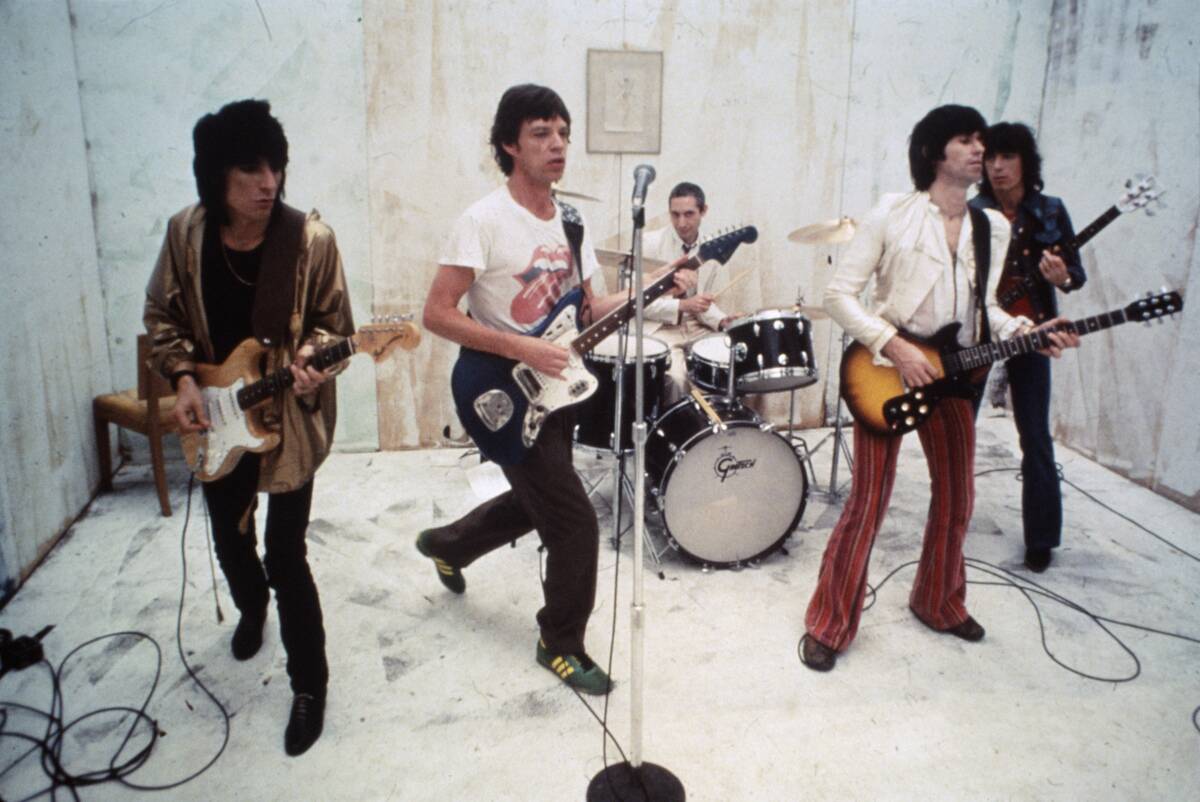
The Rolling Stones, often dubbed ‘The Greatest Rock and Roll Band in the World,’ were both revered and criticized in the 1970s. While their gritty sound and rebellious image attracted a massive following in the ’60s, some fans and critics took issue with the band’s perceived commercialism and trend-chasing in the ’70s.
Despite these criticisms, the Stones’ ability to evolve and produce enduring hits ensured their place in rock history as iconic pioneers of the genre.
The Infamous Reactions to Alice Cooper’s Shock Rock

Alice Cooper became synonymous with ‘shock rock’ in the 1970s, using theatrical performances and macabre imagery to captivate and horrify audiences. While some saw his stage antics as groundbreaking, others viewed them as tasteless or gimmicky.
Despite the controversy, Alice Cooper’s influence on rock performance art is profound, paving the way for future artists to explore the darker, more theatrical aspects of their music.




